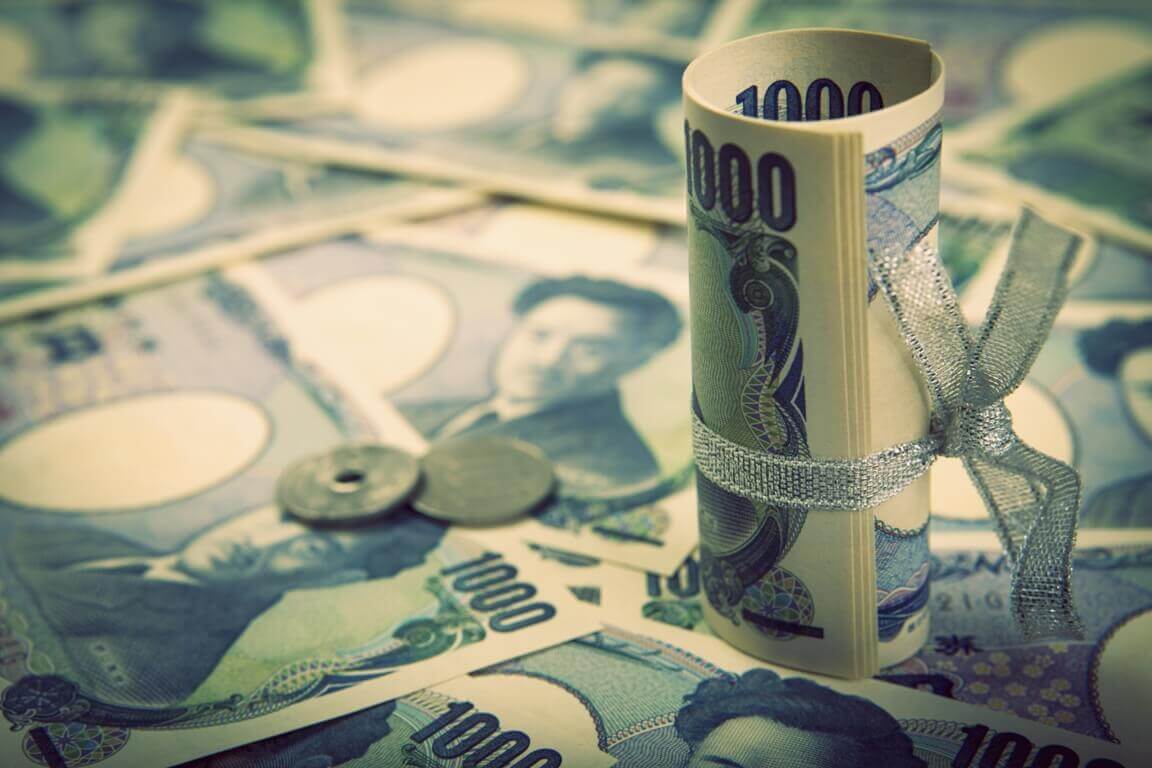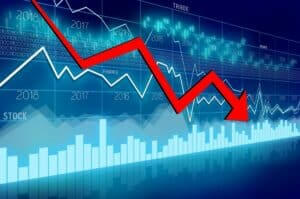The Euro seemed set to rebound from a seven-day losing streak against the U.S. dollar on Monday. The common currency surged forward after Emmanuel Macron beat far right challenger Marine Le Pen in France’s first round of presidential voting. Before the elections, traders’ concerns about the future direction of the eurozone’s second-biggest economy have weighed heavily on the Euro. It added to worries over the economic costs of war in Ukraine.
Meanwhile, the greenback jumped higher thanks to rising U.S. yields. Expectations that the Federal Reserve will act quickly to stop rising inflation also supported the currency. On the other hand, the Japanese yen plunged into the red, hitting a fresh seven-year low versus the U.S. dollar.
Macron and Le Pen will face each other in the French presidential election runoff on April 24. While the latter promises a tight fight, Macron’s lead in the first round was enough to give some respite to the Euro. His win boosted the currency by as much as three-quarters of a percent in Asian trading hours, and it exchanged hands at $1.0955 against the dollar. The Euro was last higher by 0.3% at $1.09080. According to currency experts, the contest remains on a knife-edge with negative implications for the European currency.
Analysts at MUFG noted that the narrower than expected victory for President Macron would likely keep alive concerns that there is an outside chance that Le Pen will become president. Moreover, the first-round results and the opinion polls pointing toward a close result in the second round will continue to weigh slightly on the Euro in the coming weeks.
How is the U.S. dollar trading?
On Monday, the dollar index was broadly flat on the day against a basket of six peers. It traded just shy of the 100-mark hit last week for the first time in almost two years. As the greenback has gained ground, market participants have seen little reason to exit bets against the Japanese yen. The Bank of Japan still holds yields near zero.
The Japanese currency plummeted as much as 1% on the day to 125.55 yen per greenback, hitting its lowest level since 2015. National Australia Bank’s head of foreign exchange, Ray Attrill, stated that there’s nothing there to frighten traders out of dollar/yen positions, though. Meanwhile, the British Pound remained broadly flat against the dollar at $1.30380.
The Russian rouble declined in jittery trade, losing some of the previous week’s gains today. The central bank announced that it would relax temporary capital control measures. On Monday, emerging market stocks plunged to a three-week low as China stocks declined over COVID-19 and inflation worries. EM currencies also struggled.
The Russian rouble dropped to 82 versus the dollar on the onshore market. The country’s central bank plans to scrap a 12% commission for buying foreign currency through brokerages starting from April 11. It will also lift a temporary ban on selling foreign exchange cash to individuals from April 18. The rouble is still far from its all-time lows of 121 per dollar hit when traders dumped Russian assets after its invasion of Ukraine prompted severe Western sanctions.
Per Hammarlund, the chief EM strategist at SEB, noted that exports continue to flow. Thus, there will likely be a buying pressure on the rouble. He also added that there might not be a market turmoil, given that the Russian government doesn’t need to borrow money in the near term.
What about the other EM currencies?
Most other emerging market currencies lowered on Monday. Turkey’s lira lost early gains on Monday. It rallied after data showed that Turkey posted a smaller than expected current account deficit, but the currency lowered again soon. An index of developing world currencies experienced losses for a fifth straight session.
Its stocks counterparts also plummeted by 1.3% as Chinese blue chips and Hong Kong stocks dropped by 3%. Factory-gate and consumer prices increased faster than expected in March, while the worst outbreak of coronavirus in two years has forced several companies to suspend their production.
SEB’s Hammarlund noted that traders are more and more focused on the risk of global stagflation. That, together with this slowdown in Chinese growth and the continued coronavirus restrictions, is weighing on risk sentiment today. Hammarlund also added that this is a pattern that investors will likely see this week and in the coming weeks too.











